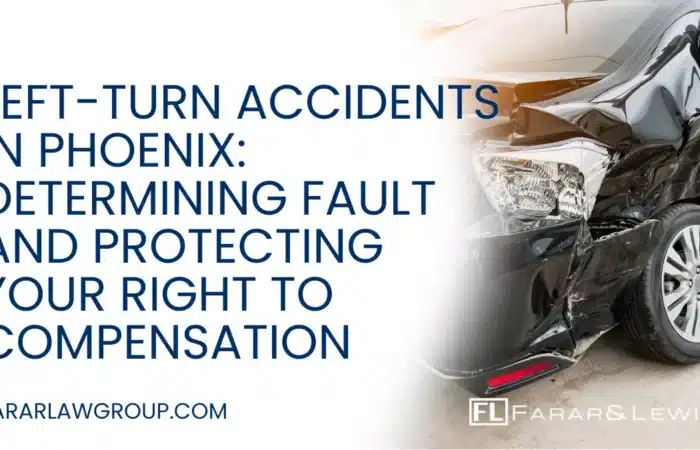Negligence is a common law principle that provides a person with a legal claim when he or she has been injured due to the fault of a defendant. If the plaintiff is successful in asserting a negligence claim, he or she may be awarded compensation for medical expenses, pain and suffering, lost wages, loss of consortium and property damage. The plaintiff must prove the following several elements to be successful in a negligence claim.
The Duty Owed by the Defendant
He or she must show that a duty was owed by a defendant. A defendant typically owes a duty to act as a reasonable person under the same or similar circumstances. The defendant also owes a duty to conform his or her conduct to the applicable legal standard of care. Professionals often have a heightened standard of care that they must meet. For example, a doctor has a duty to provide care that would be reasonably expected of other doctors in a similar locality.
Breach of the Duty
After establishing that the defendant owed a duty, a plaintiff must show that the defendant breached that duty. Breach of duty is usually a question of fact for the jury to determine. A defendant breaches his or her duty to a plaintiff when his or her conduct results in injury to the plaintiff. For example, a store owner may breach a duty to its customers if he fails to clean a spill from aisle floors. If a customer subsequently slips and falls on a spill, the store owner may be found to have breached his or her duty of care.
Causation
The breach must also be the direct and legal cause of the plaintiff’s injuries. This means that “but for” the defendant’s conduct, the plaintiff would have never been injured. In addition, the plaintiff must prove that it was foreseeable the defendant’s conduct would result in injury. Foreseeability is usually a question of fact for the jury to determine.
Damages
The plaintiff must prove actual damages. He or she must provide proof that he or she has suffered a measureable form of injury or loss as a result of the defendant’s conduct. The plaintiff may offer medical bills to show his or her costs associated with an injury.
These are the legal elements that must be proven to succeed in asserting a negligence claim. States may have their own applicable statutes that define specific elements of a common law negligence claim.


